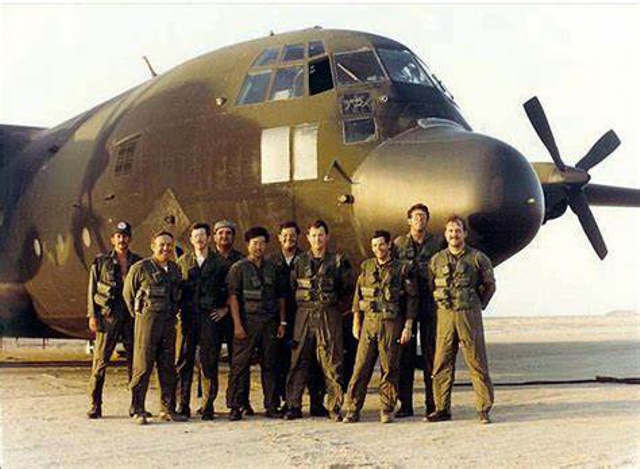How a Failed Mission Reshaped U.S. Power
Israel’s daring raid in Entebbe, Uganda, to rescue hostages from a hijacked Air France plane became a textbook example of success. The contrast with Eagle Claw was glaring: where Israel displayed coordination, speed, and precision, the U.S. appeared unprepared and logistically overwhelmed. American military planners studied Entebbe closely, recognizing that specialized, well-coordinated forces were essential.
Years later, Russia’s rescue of hostages in a Moscow theater ended in heavy civilian casualties due to the use of incapacitating gas. This highlighted another lesson from Eagle Claw: high-risk rescue missions demand not just boldness, but also precision, planning, and contingency awareness. The successful U.S. Navy SEAL operation that killed Osama bin Laden was, in many ways, the spiritual redemption of Eagle Claw. Conducted with secrecy, flawless coordination, and advanced technology, it showed how far U.S. special operations had come since 1980.





